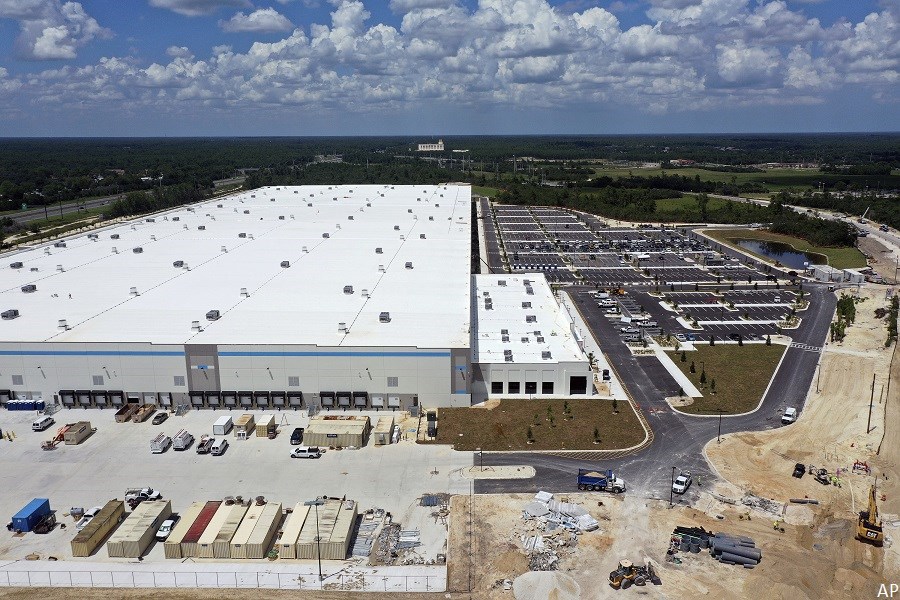Tesla (TSLA) shares were down 10% midday Nov. 9 after falling more than 5% the day before. The previous day's decline was a reaction to CEO Elon Musk's plan to sell 10% of his shares outstanding. Given the future growth expectations that are priced into Tesla shares, small changes in market sentiment can have an outsize impact on the stock price.
In our view, the Nov. 9 sell-off appears to be driven by the market reducing its long-term growth expectations for Tesla following the autonomous vehicle technology announcements by Nvidia (NVDA). Nvidia sells AV technology to multiple automakers, including Tesla, and plans to sell its new AV tech for vehicles in model year 2024. Nvidia's success would help to normalize AV technology, increasing the market size as a whole. However, the increased competition could reduce Tesla's AV technological advantage and weigh on long-term growth.
We had expected increased competition would reduce Tesla's long-term vehicle sales growth rate. With no changes to our outlook, we maintain our US$680 fair value estimate. Our narrow moat rating is also unchanged. At current prices, we view Tesla shares as overvalued, trading in 2-star territory. Even after the two-day sell-off, the shares still trade closer to our bull-case fair value estimate of US$1,200 per share versus our base case. As such, we think much of the good news remains priced into the stock.
We think Tesla is likely to maintain its manufacturing cost advantage and battery technological advantage. We also see no change to its strong brand intangible asset, which allows the company to command pricing power. However, with increased competition, we think Tesla is likely to see lower growth over the next decade. Our base case assumes Tesla sells roughly 5.7 million vehicles in 2030. This still puts the company firmly in the top 10 automakers globally but is well below management's goal of 20 million vehicles per year.





















